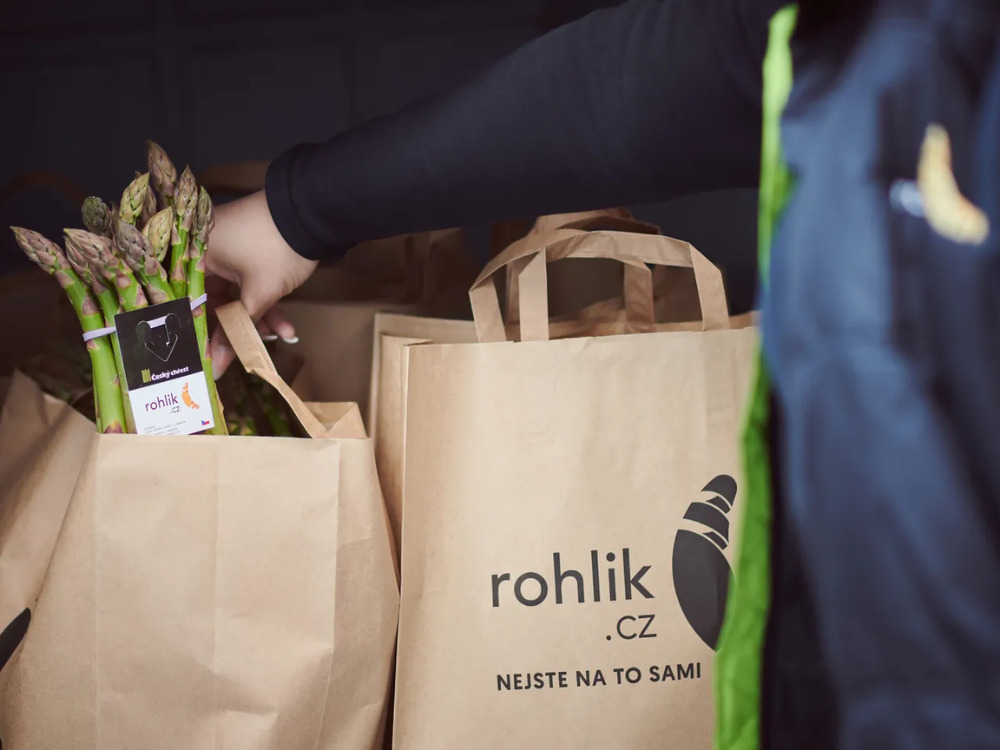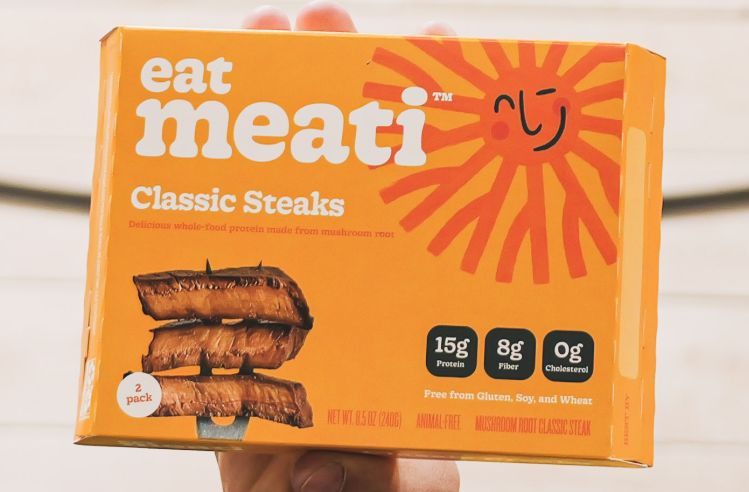We finally made it to 2025! The past year has been one of protracted challenges and reckoning for venture capital firms and startups trying to navigate capital shortages and geopolitical uncertainty, which have dented confidence and disrupted supply chains.
But for many foodtech startups, 2024 was a year of resilience and corroboration, a time when they proved able to successfully navigate rough waters and secure new funding despite the ongoing credit crunch.
Meanwhile the AgFunderNews team is already at work crunching data for AgFunder’s upcoming 2025 Global AgriFoodTech Investment report, to be published in the first quarter of the year.
While you are waiting, we are glad to share with you the results of preliminary data and publish a ranking of the top 15 foodtech deals* of 2024.
1 – 🇺🇸 Wonder raised $700 million in March and later, in November, another $250 with two series C rounds, for a total of $950 million.
The American food delivery startup operates truck-based restaurants from which consumers can order food through a mobile app.
2 – 🇮🇳 Zepto raised $665 million in June, followed by another $340 million in August and a third round of $350 million in November, overall bagging over $1.3 billion in late financing in 2024.
The Indian eGrocery platform is experiencing extraordinary growth thanks to its novel operational model granting a 10-minute grocery delivery service.
3 – 🇺🇸 Buyers Edge Platform closed a $425 million late round in April.
The company specializes in restaurant-focused data-driven procurement management. It created a purchasing network of tech-enabled group-purchasing organizations, SaaS companies, and supply chain consultants, generating unparalleled efficiency and new value in the foodservice channel.
4 – 🇳🇱 Picnic raised $388 million in January via a late financing round.
The Dutch eGrocery startup claims to be a “supermarket on wheels” delivering fresh foods with electric vehicles, reducing waste, and improving sustainability.
5 – 🇺🇸 Foodsmart raised $200 million in June in late financing.
The American startup developed a digital nutrition platform offering personalized dietary recommendations to improve health outcomes. It also supports people facing chronic diseases and food insecurity by partnering with health plans and providers to give patients access to personalized and affordable healthy eating options.
6 – 🇺🇸 Restaurant365 closed a $175 million late round in May.
The company offers restaurant-focused enterprise-management software providing accounting, inventory, scheduling, payroll, and HR solutions. It is a cloud-based, all-inclusive back office solution that combines key restaurant modules with an integrated accounting service.
7 – 🇨🇿 Rohlik (Czech Republic) raised $171 million in June in late funding.
Rohlik is an innovative eGrocery delivery startup that offers a 90-minute same-day delivery service. At present it is operating in the Czech Republic, Hungary, Austria, Germany and Romania.

8 – 🇺🇸 Odeko raised $150 million via a late round in January.
The restaurant-tech startup builds mobile ordering and supply chain management software for coffee shops and cafés, including services such as nightly deliveries and restocking of cafe essentials.
The company’s platform also analyzes sales data and discovers trends to construct an automatic ordering model. It focuses on helping small businesses increase revenue, lower expenses, and reduce their environmental footprint.
9 – 🇩🇪 Flink Food closed a $115 million series B round in September.
Berlin-based Flink is an online startup that offers grocery deliveries in ten minutes. Its application offers a wide selection of convenience items including fresh herbs, fruits, bread, essentials, and home supplies.
10 – 🇺🇸 Meati raised $100 million in may via a C round.
The startup provides nutrient-dense mycelium-based meat alternatives grown via biomass fermentation.
Image credit: Meati Foods11 – 🇺🇸 ByHeart closed a $95 million series C round in May.
The baby nutrition company is dedicated to translating leading nutrition science and breastmilk research into foods and formulas to support babies’ health and parents’ peace of mind. Its products are based on an FDA-registered infant formula, and are made from hand-picked ingredients using small-batch blending, providing benefits for the immune, microbiome, cognitive, and digestive health.
12 – 🇺🇸 Starship Technologies raised $90 million in May via a Series C round.
This San Francisco-based robotics startup is building fleets of self-driving robots designed to deliver goods locally within 30 minutes. The robots drive autonomously 99% of the time to make safe and environmentally friendly curb-side deliveries from a local hub.
13 – 🇺🇸 Perfect Day closed a $90 million late deal in January.
The company produces dairy proteins nutritionally identical to those found in cow’s milk, delivering the taste, texture, and nutrition of traditional dairy products without the associated food-safety, environmental, or animal welfare downsides.
14 – 🇬🇧 Dexory raised an $80 million B round in October.
The British company is capturing real-time insights on warehouse operations using fully autonomous robots and Artificial Intelligence. Its platform delivers real-time information for the receiving, storing, and dispatch stages, allowing companies unprecedented access to their operations.
15 – 🇩🇪 Formo raised $61 million via a Series B round in September.
Formo is best-known for its work to engineer microbes to express dairy proteins such as casein via precision fermentation. However, it is using different technology in its first range of cheeses, instead growing naturally occurring Aspergillus Oryzae (koji) as an ingredient via biomass fermentation. It then adds plant-based fats and other ingredients to make cheese alternatives.
*The definition of foodtech applied above includes the AgFunder categories Innovative Food (which includes novel ingredients and alt proteins); eGrocery (online stores and marketplaces); Instore Retail & Restaurant Tech; Online Restaurants & Marketplaces (meal kits etc); Cloud Retail Infrastructure (ghost kitchens, last-mile delivery robots and services; and Home & Cooking Tech (smart kitchen appliances etc).
For the purposes of this analysis, we’ve excluded Midstream Technologies (an AgFunder category that includes food safety and traceability), and Novel Farming Systems (which includes insect ag and other indoor farming platforms).
Source link
Author Samuele Gabbio




